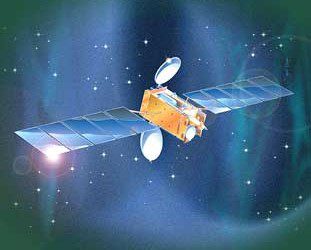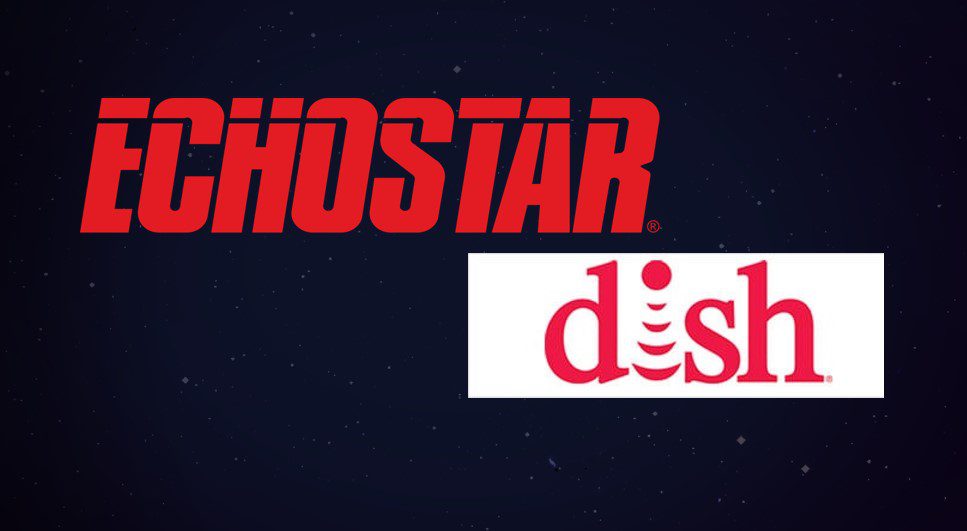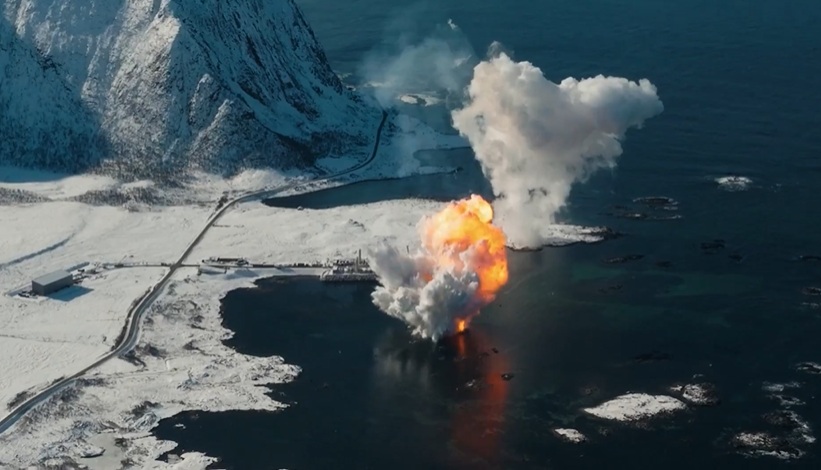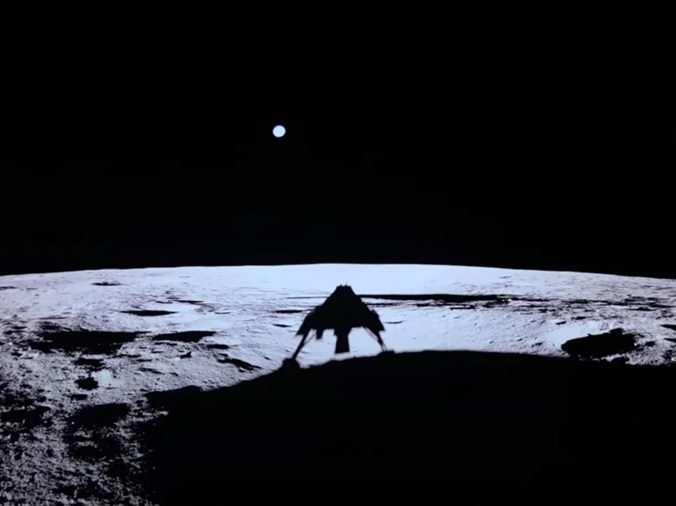The US Federal Communications Commission (FCC) has fined communications satellite operator DISH Network US$150,000 for its failure to move its Echostar 7 satellite to either a fast re-entry or a graveyard orbit, in the first ever fine issued for space debris by the commission.

Artist’s impression of Echostar 7 in orbit. (Echostar VII) Courtesy: Wikipedia
Echostar 7, a direct broadcasting communications satellite, was launched in February 2002 with a design life of 15 years. It had a relatively uneventful life apart from some minor solar array and telemetry anomalies, and some loss of thrusters, according to the Seradata database. The satellite did have its ownership changed back and forth with its sister company Echostar (incidentally the two companies recently announced plans to reunite through a merger) but Echostar 7 was owned by DISH at the time of its retirement.

Towards the end of the satellite’s life, in March 2022, DISH attempted to send Echostar 7 to the traditional “graveyard” orbit (about 300 km higher than the standard 35,786 km geostationary/geosynchronous orbit altitude). However, due to its dwindling propellant supply, the final disposal orbit achieved was 35,933 x 35,889 km – more than 100 km below that required. While atmospheric drag is minimal at those altitudes, over time orbital perturbations caused by the Earth’s inconsistent gravitational field (the result of its slightly non spherical shape, or oblateness) and the effect of the Moon’s gravity could cause the satellite’s orbit to change enough to directly intersect the geostationary orbital arc again.
Consequently, under its space debris-reduction protocol, the FCC deemed Echostar 7 a potential hazard because it could be struck by other space debris parts or even other satellites. The move to fine the company, albeit with a relatively small penalty, is seen as a marker for other space companies to get their acts together in terms of pacifying, and removing, potential sources of space debris such as defunct satellites or rocket bodies in high-traffic orbits.
(This story was corrected for the launch date).







